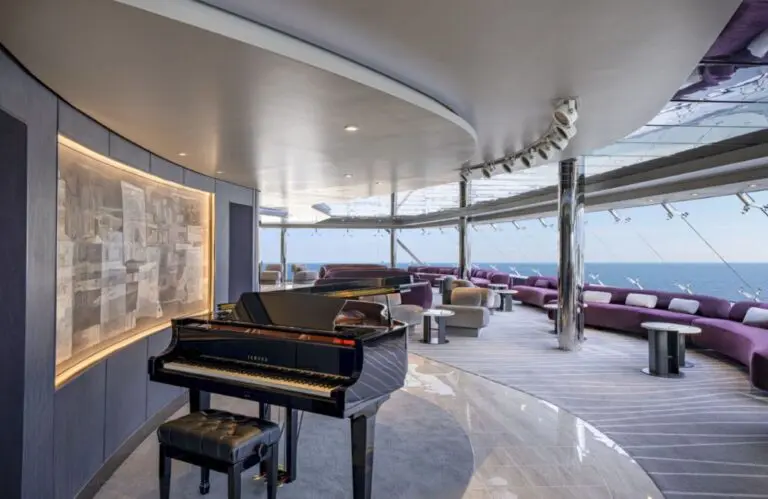The hotel sector’s representative body is urging the Australian government to introduce regulations on properties distributing rooms through channels such as Airbnb.
In submissions to Federal and State Governments, the Tourism Accommodation Australia (TAA) urged politicians to back the introduction of legislation that would require the registration of rooms being used on a commercial short term basis.
Submissions come after a recent explosion of unregulated accommodation providers around Australia due to the rise of easily-accessible online distribution channels such as Airbnb.
According to TAA, there’s already over 35,000 rooms in Australia for rental – all of which are operating without official observation.
TAA says without proper regulation these property owners are putting guests’ safety at risk, threatening local hospitality jobs and contributing nothing to the economy.

“We are not against the ‘sharing’ economy, but we are opposed to the ‘taking’ economy, where unregulated commercial short-term accommodation providers take lots of money without meeting their obligations to guests, the community and the wider economy.”
Martin Ferguson, TAA Chairman
“TAA has no issue with new entrants who meet their regulatory requirements, but we do not believe that non-compliant accommodation providers should be allowed to ignore the rules set down to protect travellers and legitimate operators.”
As part of the guidance, TAA is urging Federal, State, Territory and Local governments to agree on a national system requiring the registration of premises that are used for commercial short stay accommodation so that they meet a range of health, safety, tax and regulatory requirements.
Properties under the regulation would include any short-stay commercial accommodation.

Distribution companies such as Airbnb would then be required to ensure that all rooms listed on their sites are registered.
“While city authorities overseas are beginning to crackdown on non-compliant accommodation, Australian councils have found it difficult to act on breaches, despite the operators clearly contravening building code and development consents,” Mr Ferguson continued.
“This can potentially threaten the validity of insurance policies for both the property owner and – in the case of an apartment block – all unit owners in the building.
“We believe that regulations should apply in a proportionate way, in that resident landlords should not be subject to the same regulations as non-resident commercial landlords of privately rented property, or houses in multiple occupation.
However, it is vital that health, safety, tax and other regulations apply when non-residential commercial landlords are commercially letting out rooms or apartments through sharing economy platforms.”
Do you think regulation needs to be placed on Airbnb properties?





